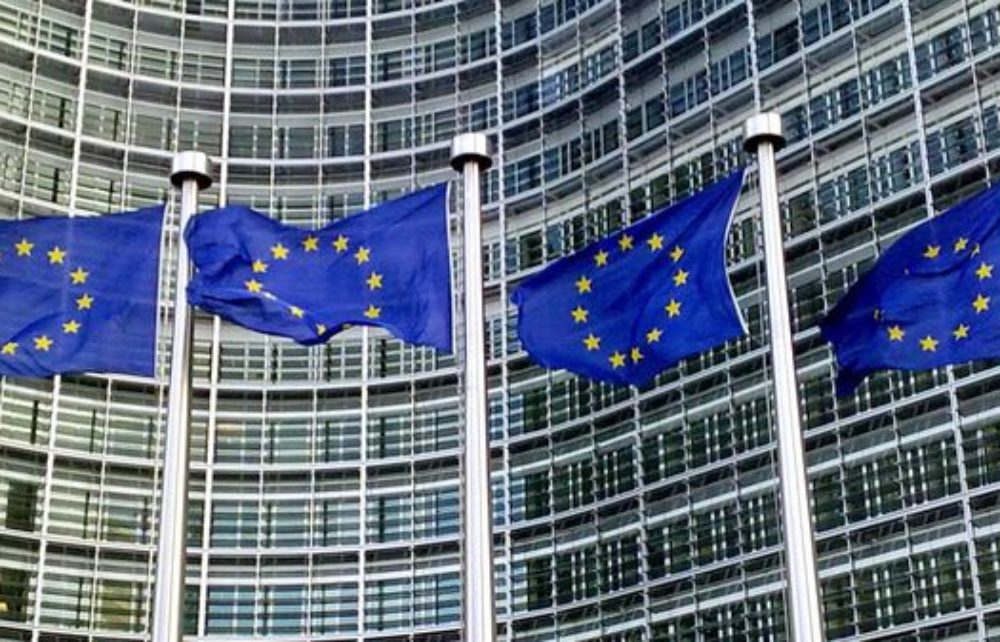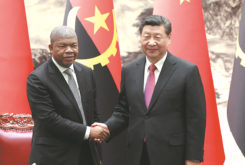The European Union´s trade deficit with China slid 27% in 2023, to EUR 291 billion, down from EUR 397 billion in 2022, according to official statistics.
Exports declined by 3% to EUR 223 billion, while imports fell 18% to EUR 514 billion, the EU’s official statistics office Eurostat said.
The Eurostat study comes amid rising tensions between the West and China over the status of Taiwan, a de facto autonomous island and major chip producer that Beijing claims as part of its jurisdiction, as well as over China’s support for Russia in its war in Ukraine.
In its Economic Security Package announced in January this year, the European Commission called for enhanced export controls for goods with dual-use potential (i.e. civilian and military) to specific “countries of concern”. The measures were widely interpreted to be directed against China.
Moreover, in its latest round of sanctions levelled against Russia — the thirteenth since Moscow’s full-scale invasion in February 2022 — the EU also banned exports to four Chinese firms that are suspected of supplying Russia with weapons in its offensive operations in Ukraine.
In statements to Euractiv, Alicia García-Herrero, a senior fellow at Brussels-based think-tank Bruegel, argued that the bloc’s decrease in exports to Beijing was primarily a consequence of the latter’s successful implementation of import-substitution measures, which are aimed at reducing China’s strategic dependence on the West.
“We’re not de-risking,” García-Herrero said. “What’s happening is that China is not importing from us. And the main reason is that they are substituting our imports.”
Philipp Lausberg, an analyst at the European Policy Centre (EPC), similarly noted that the decline in exports is a result of a decades-long process of China’s “home-shoring of strategic supply chains”.
“The big export boom for Europe, and particularly for Germany, over the last couple of decades was very much fueled by China importing investment goods and machinery,” he said. “But now China is more and more capable of building these goods on [its] own.”
Brussels and European capitals face ‘reality of interacting with a more assertive China’
The two analysts’ remarks come after European Commission president Ursula von der Leyen last year called for the EU to “de-risk” — but not to “decouple” from — its relations with China, both diplomatically and economically.
“We have seen a very deliberate hardening of China’s overall strategic posture for some time,” von der Leyen said in a speech delivered at the EPC in March 2023. “And it has now been matched by a ratcheting up of increasingly assertive actions.”




